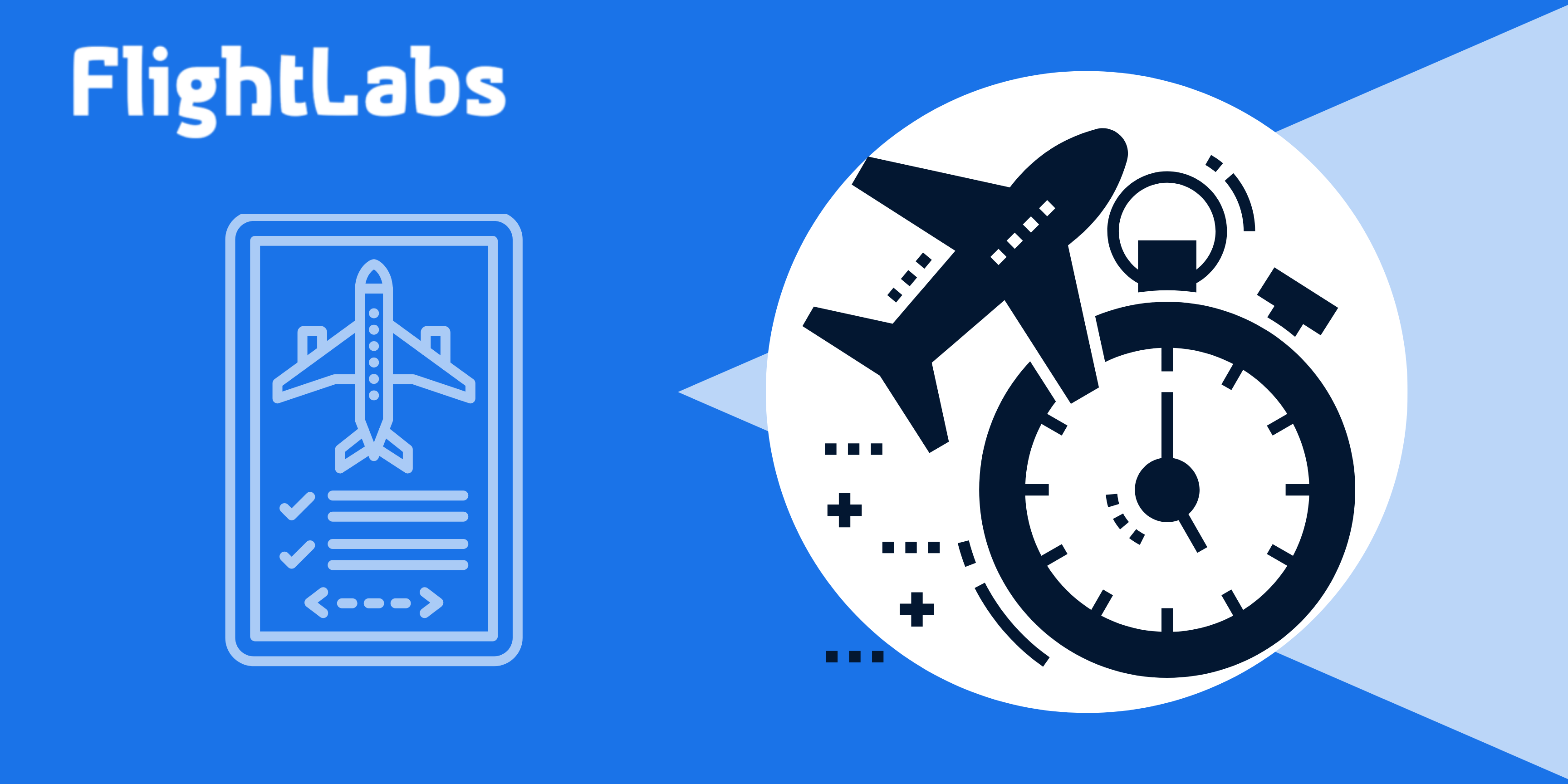Airports Database API: Improve Travel Apps

In the fast-paced world of travel apps, having access to real-time and reliable flight data is crucial. From tracking flights to providing airplane status, developers need top-tier Airports Database APIs to ensure seamless app functionality. One solution stands out: FlightLabs. With its robust solutions, offers unparalleled access to flights data, making it a go-to resource for developers and businesses in the airline and travel industries.
FlightLabs: The Go-To Solution for Accurate Airports Data
FlightLabs is a developer’s dream when it comes to Airports Database APIs. The platform offers a comprehensive suite of services that caters to the need for highly accurate and updated flight information. From historical flight data to real-time air tracking, FlightLabs provides developers with access to essential information that enhances user experience and operational efficiency. Its Airports Database API covers all facets of flight information—departure times, delays, real-time status, and even airplane details.
But what makes FlightLabs exceptional is not just the variety of data it provides. It’s the quality. Developers looking for solutions that require in-depth airplane status, such as engine data or real-time flight paths, can find it all in one API. Moreover, FlightLabs boasts seamless integration capabilities, making it easy for developers to plug into their existing systems.
Along with top-notch developer support, FlightLabs provides a platform that is reliable and built for scale. Its high-level accuracy and user-centric design make it a standout choice for those seeking the best Airports Database API available.
Importance of Airports Database APIs for Developers and Businesses
In today’s global travel market, where data drives decision-making, Airports Database APIs are a must-have. For developers, integrating such an API ensures that their app offers users precise, real-time updates—whether it's about flight delays, cancellations, or live tracking. This boosts customer satisfaction, reduces uncertainties, and builds trust.
From a business perspective, a reliable Airports Database API is invaluable. Airlines, travel booking services, and airport operations can benefit from up-to-the-minute flight information that allows them to optimize schedules, reroute resources, and improve passenger communications. The data from these APIs help businesses anticipate issues and react quickly, offering a competitive advantage. As apps and systems grow more complex, the ability to scale with dependable flight data becomes a key differentiator in the market.
Step-by-Step Guide to Integrating FlightLabs into Your Project
Getting started with FlightLabs is straightforward, and developers can quickly tap into its Airports Database API with just a few simple steps. First, sign up on FlightLabs' platform to get your unique API key. This key will grant access to the entire catalog of flights data. Next, select the specific type of information you need, whether it’s real-time flight tracking, historical data, or airplane details.
After setting your preferences, your first API call can be made using FlightLabs' easy-to-understand documentation. While making calls, ensure you tailor the data to optimize performance based on the scale of your project. This will help your app or system handle growth effectively as user demand increases.
FlightLabs: Revolutionizing the Development and Travel Security Landscape.
In an industry where data accuracy and reliability are paramount, FlightLabs offers an Airports Database API that is unmatched. Its wide-ranging services—from real-time tracking to airplane status—are transforming how developers build travel apps and optimize operations for businesses. FlightLabs is not only enhancing user experience but also changing the way businesses interact with travel data. With its strong emphasis on security, scalability, and precision, FlightLabs is setting a new standard in air travel development, and it’s clear that their API solutions are leading the charge into a more connected, data-driven future.


